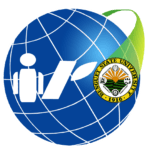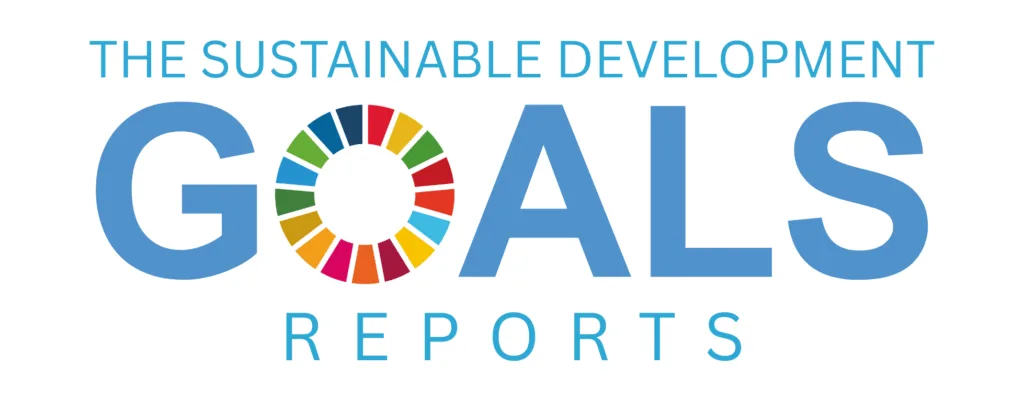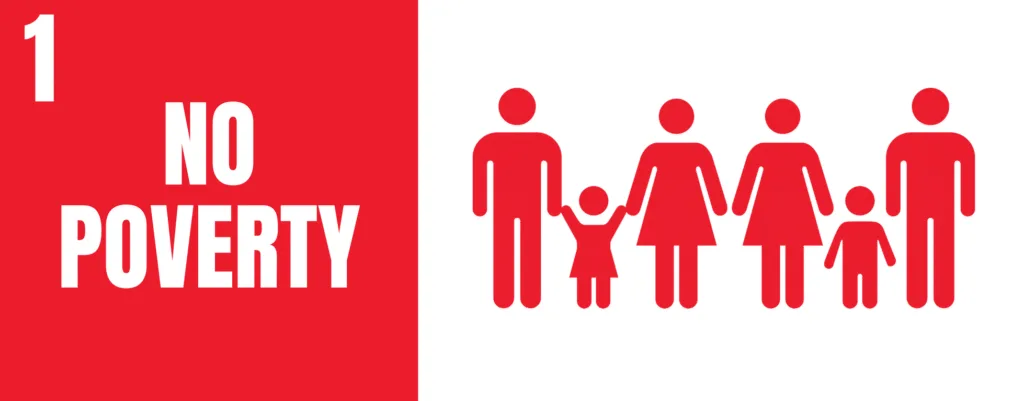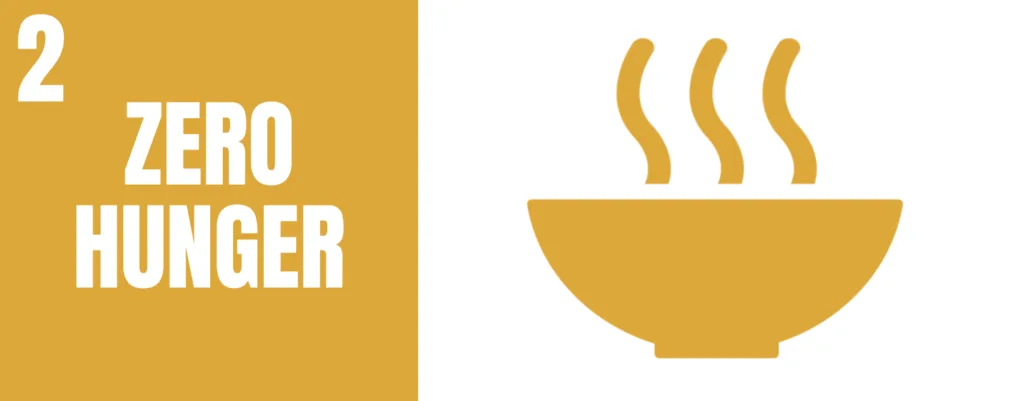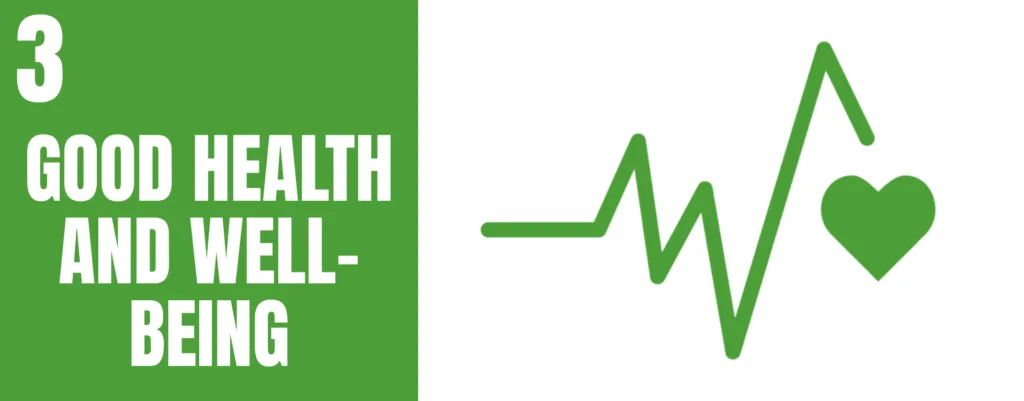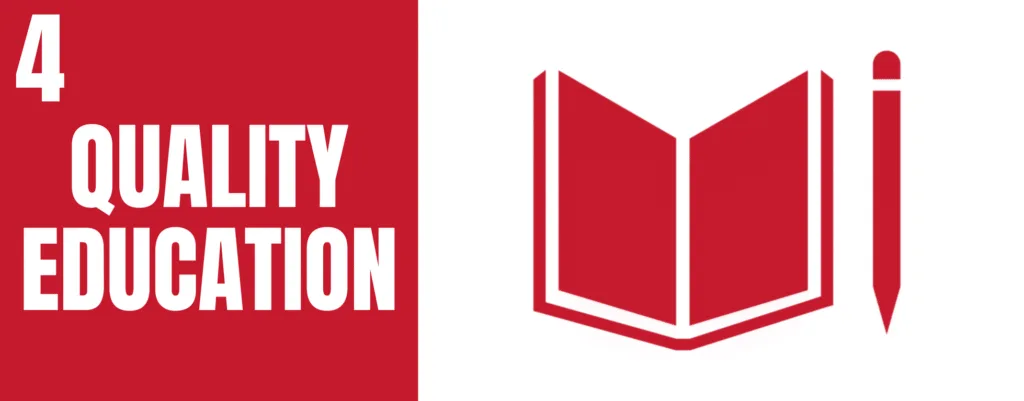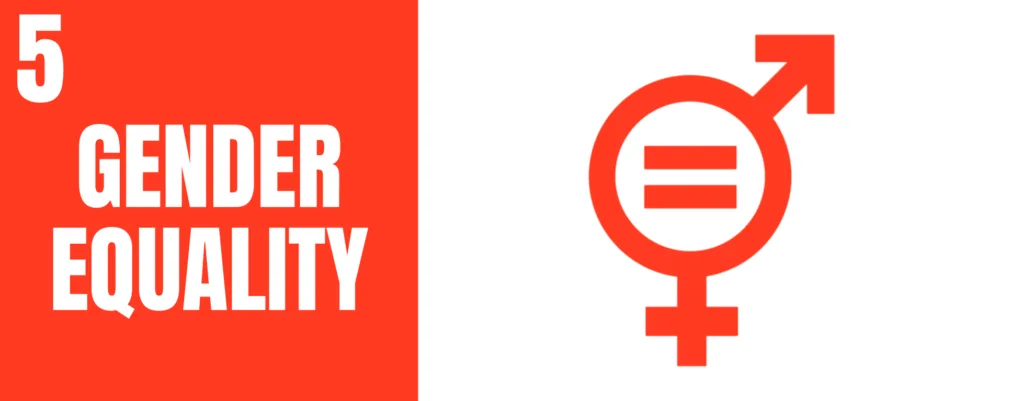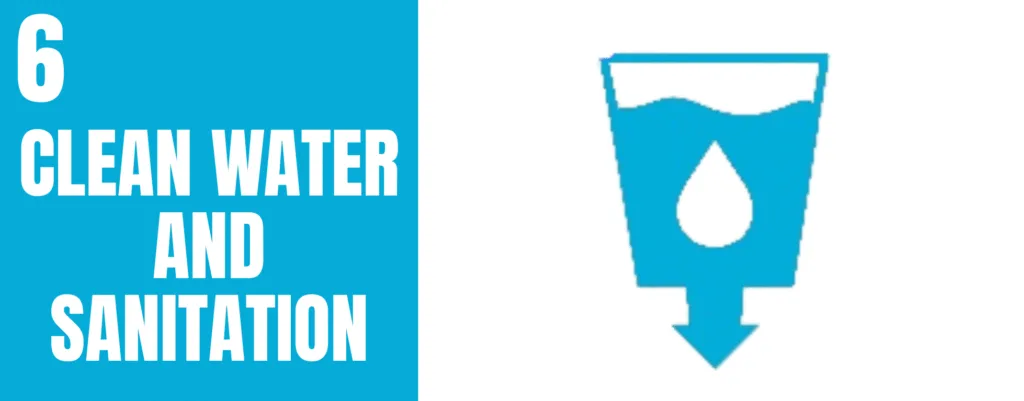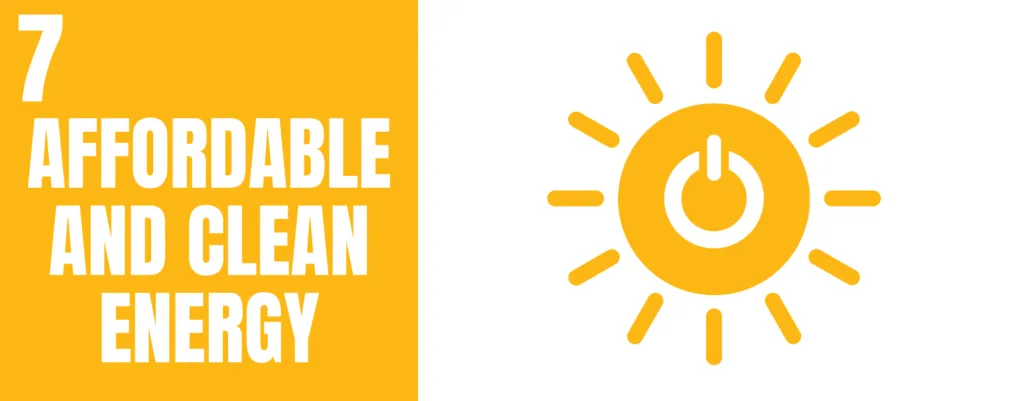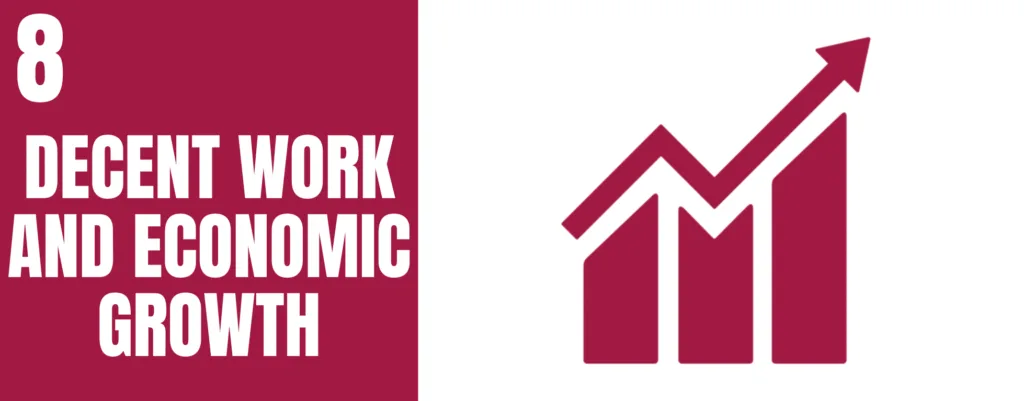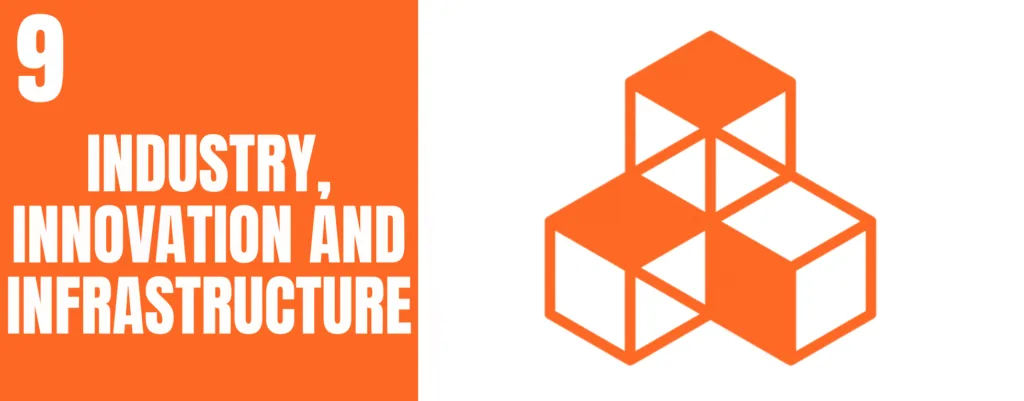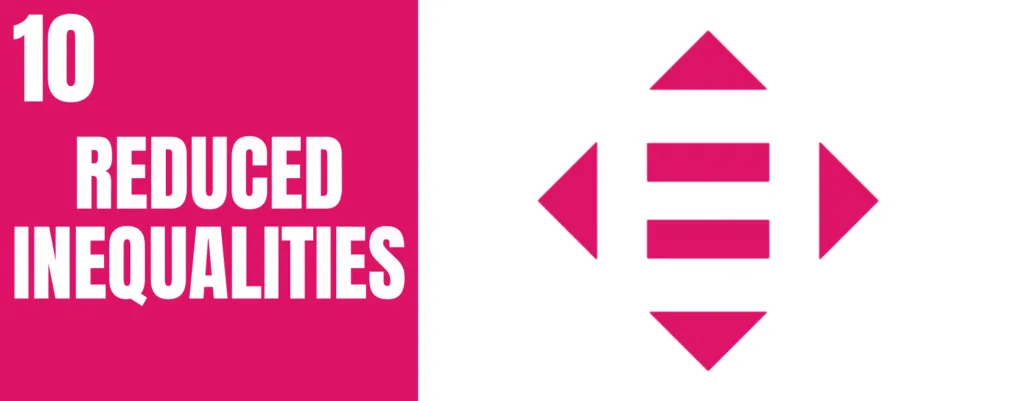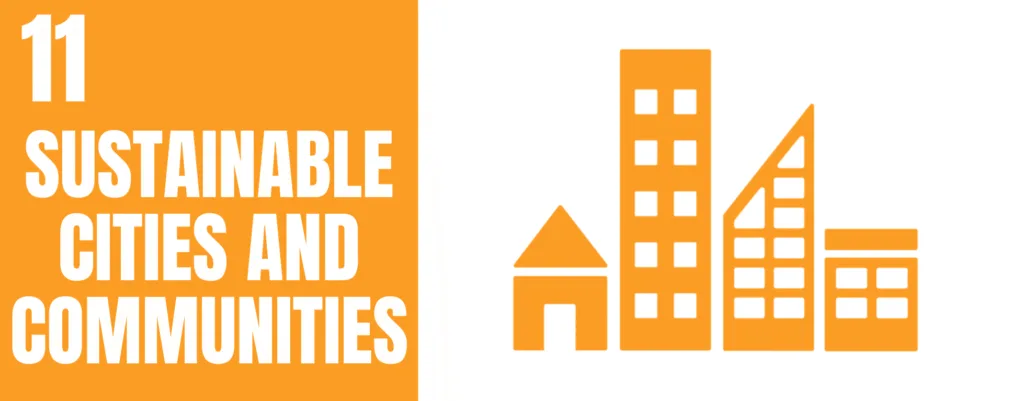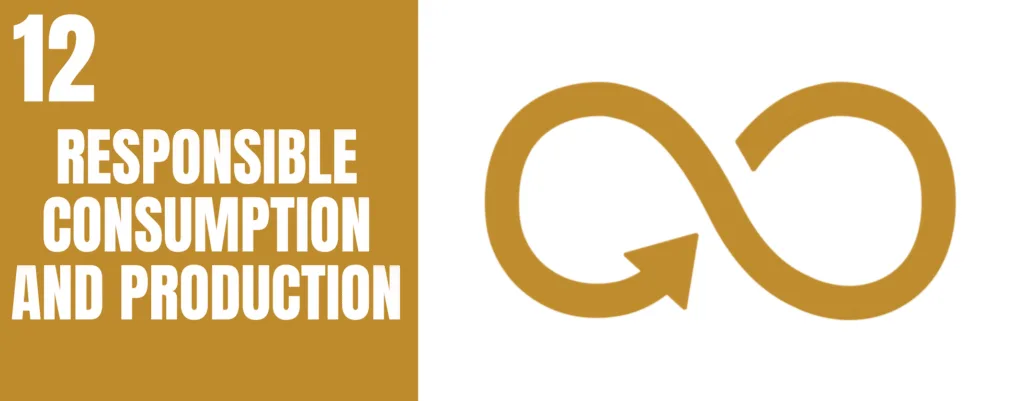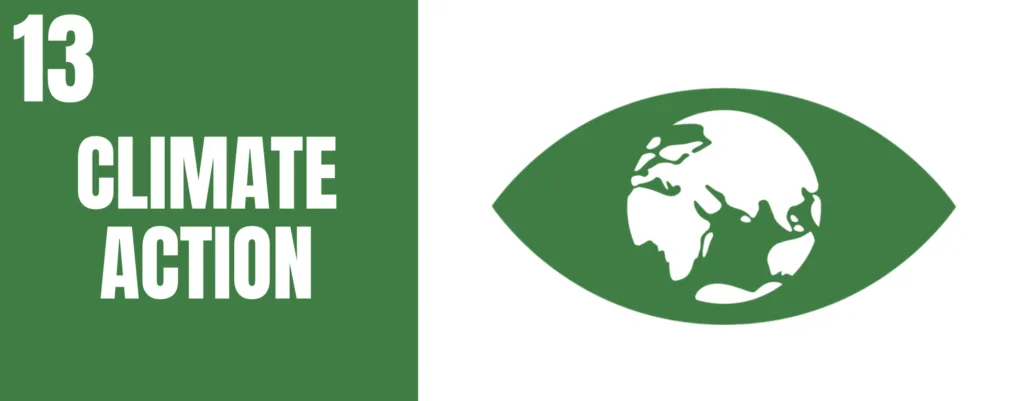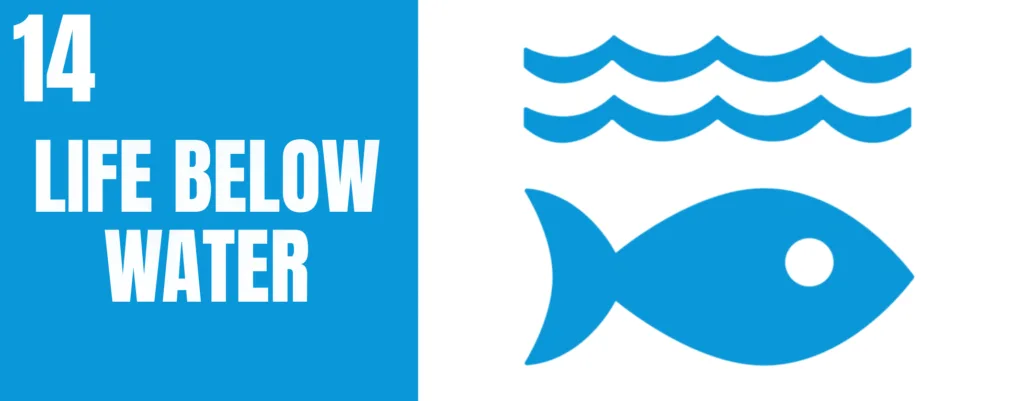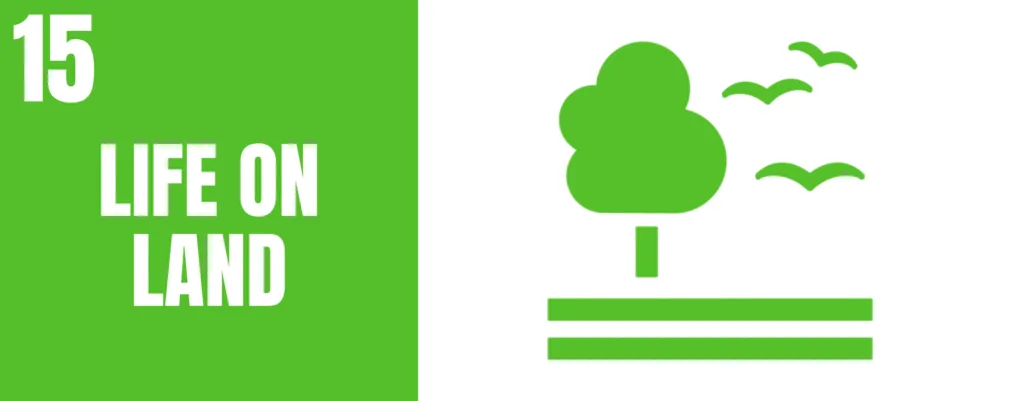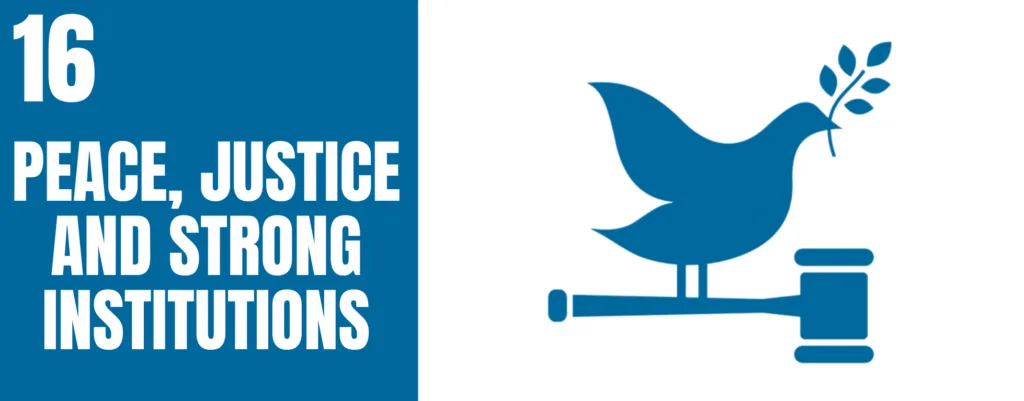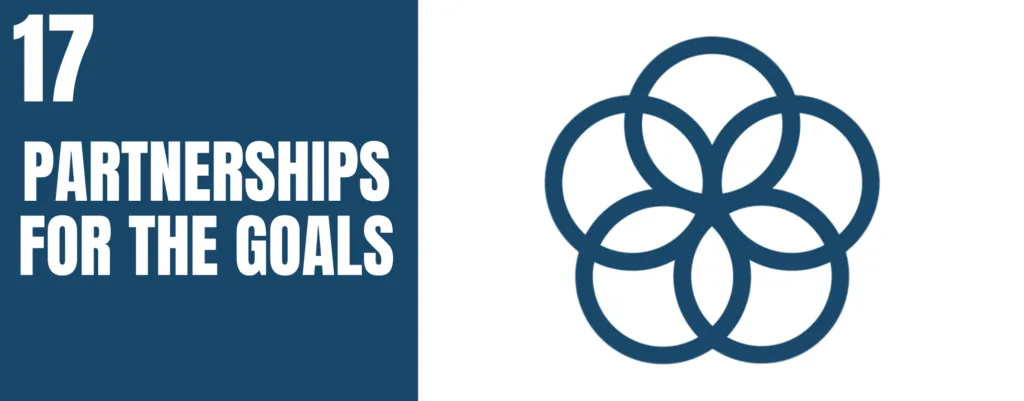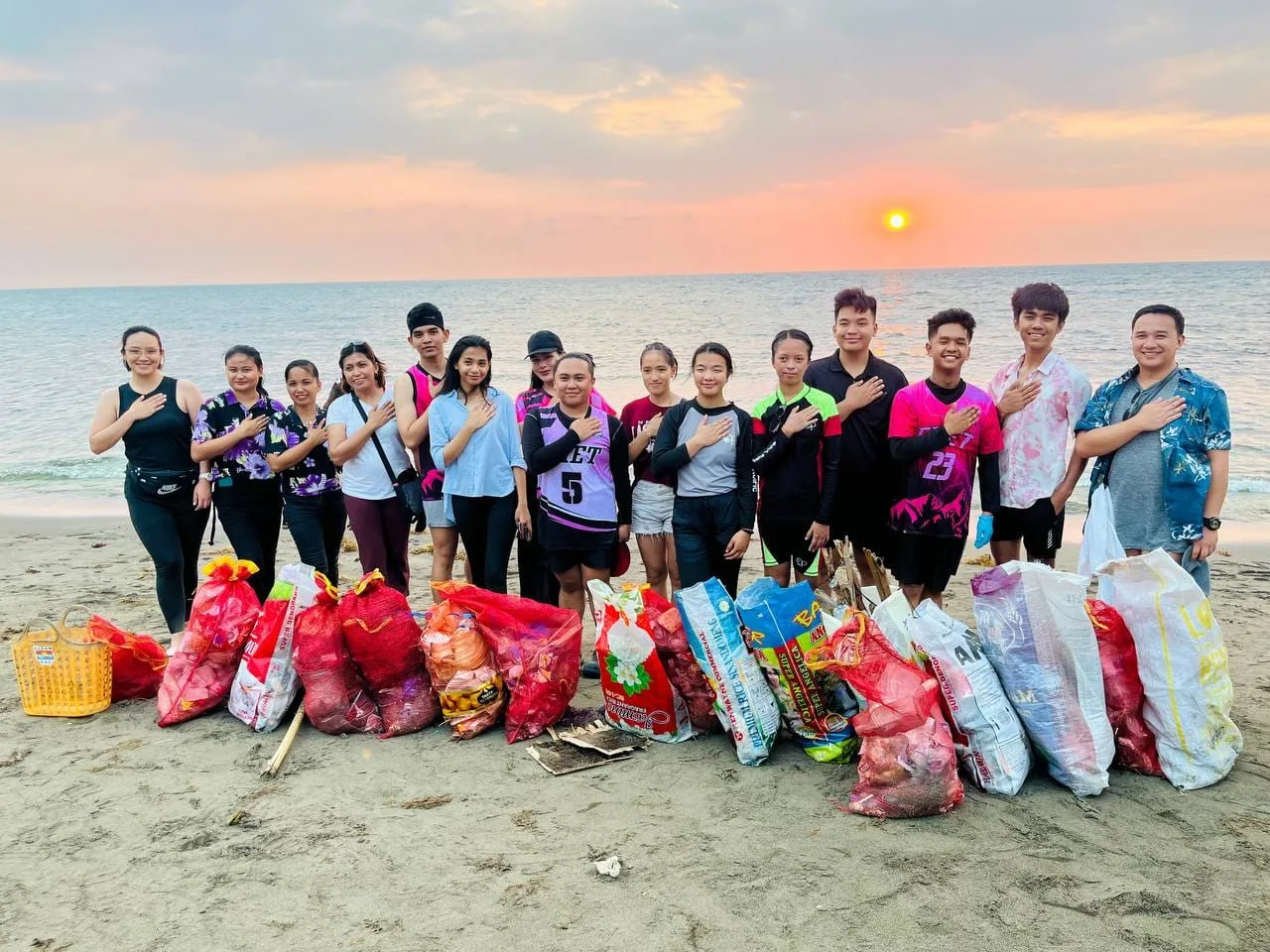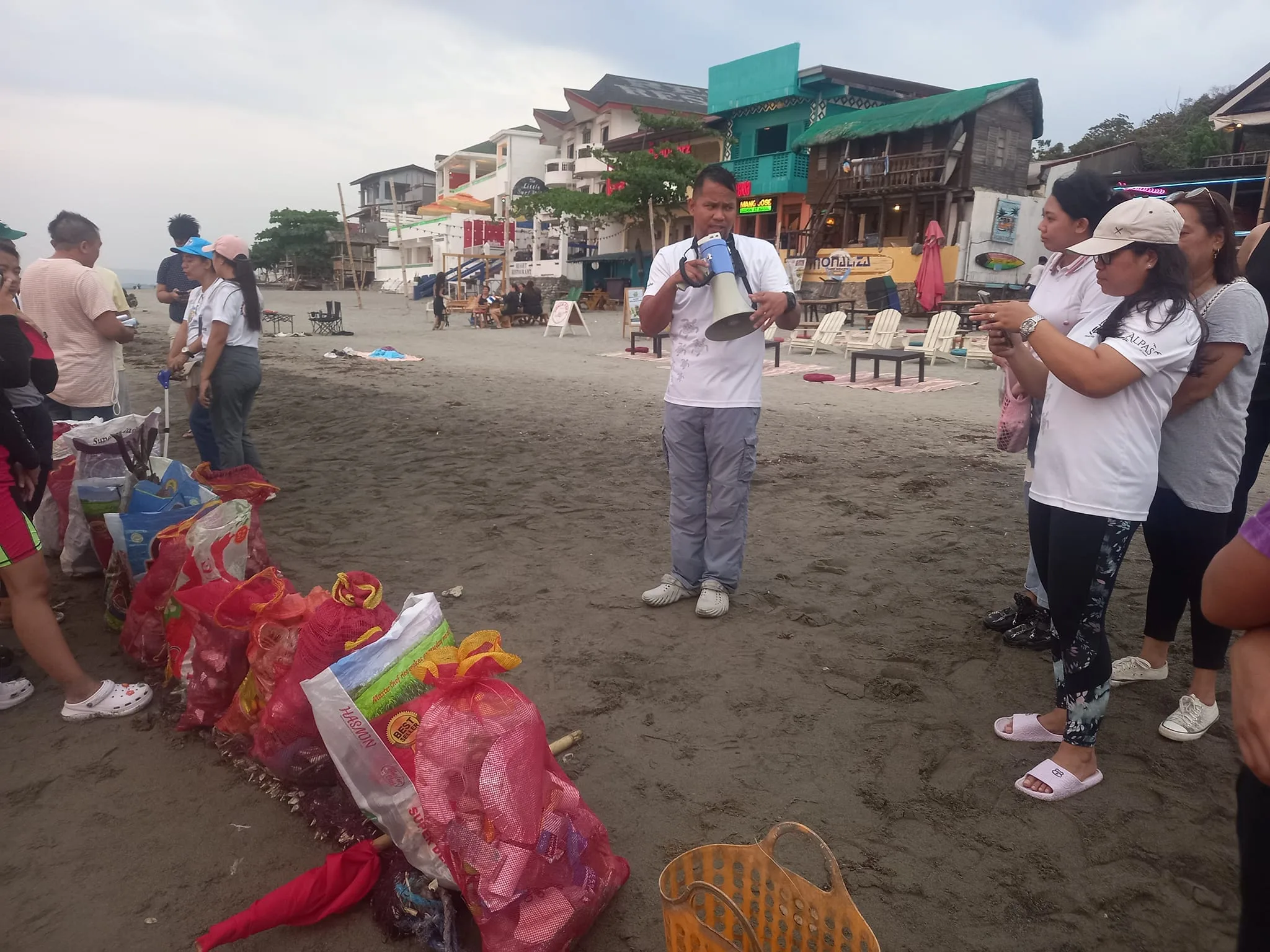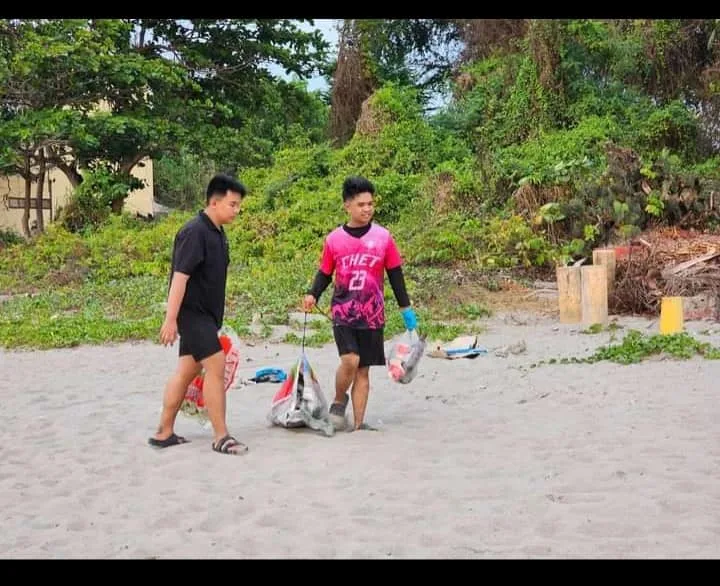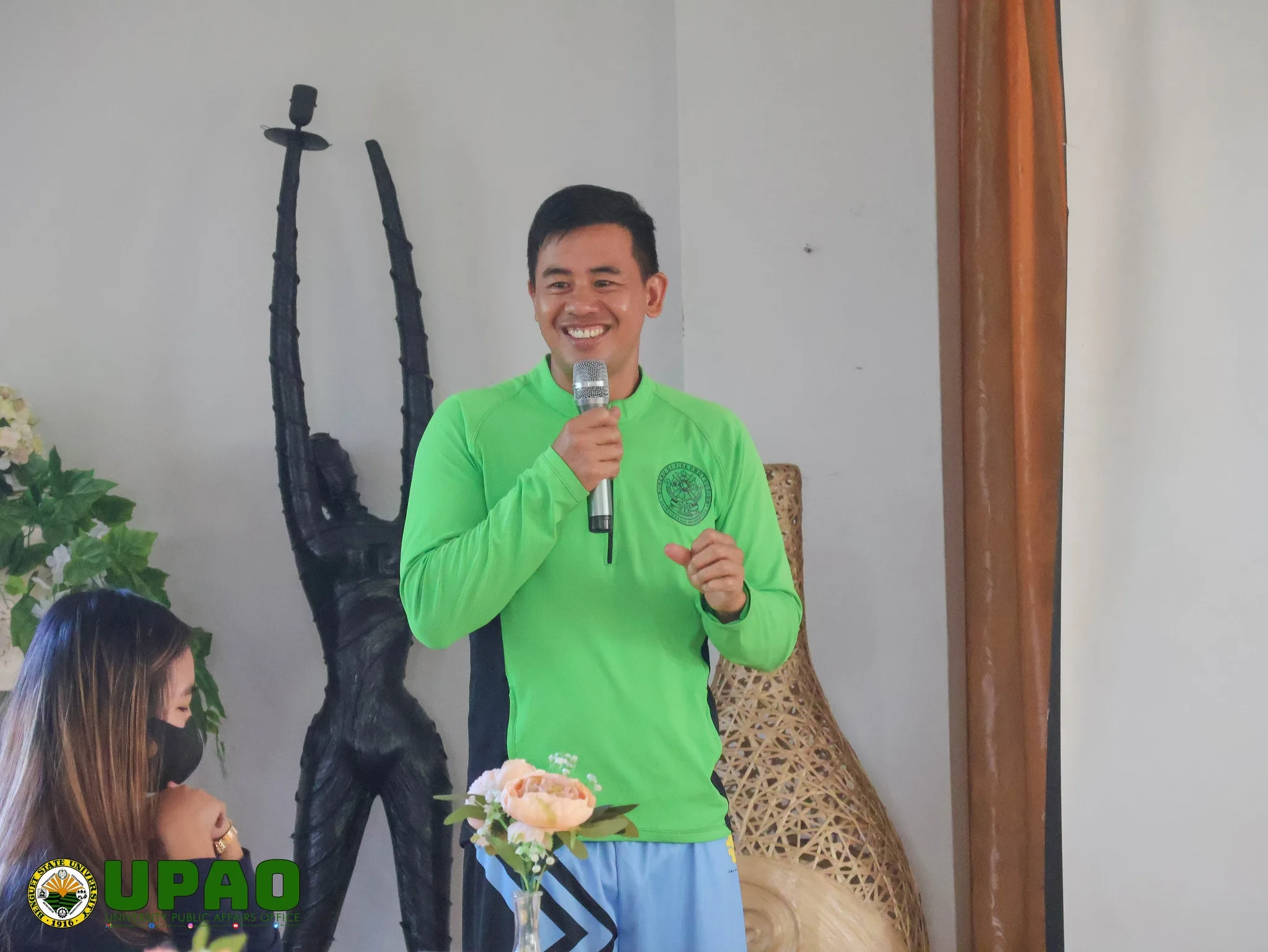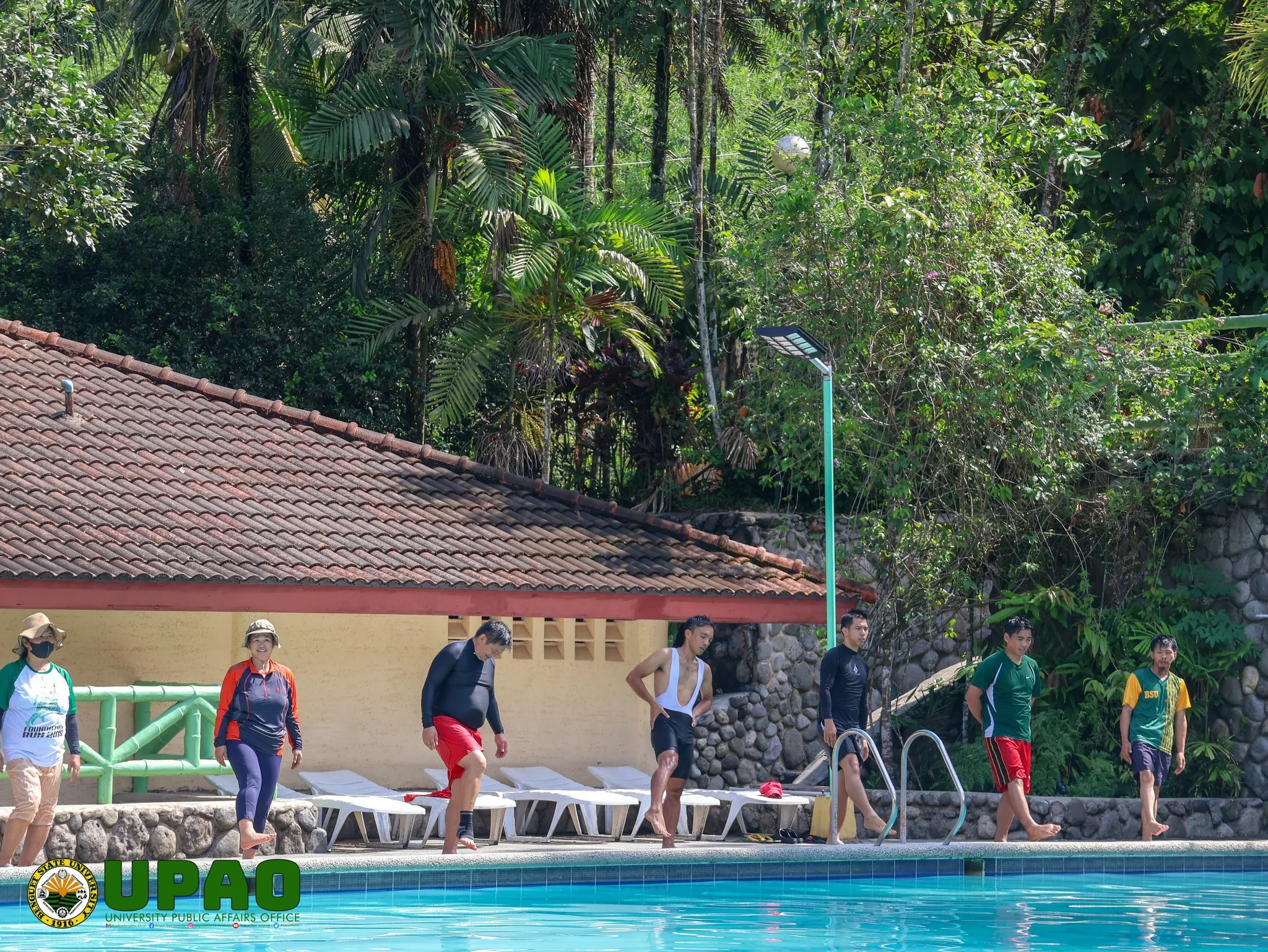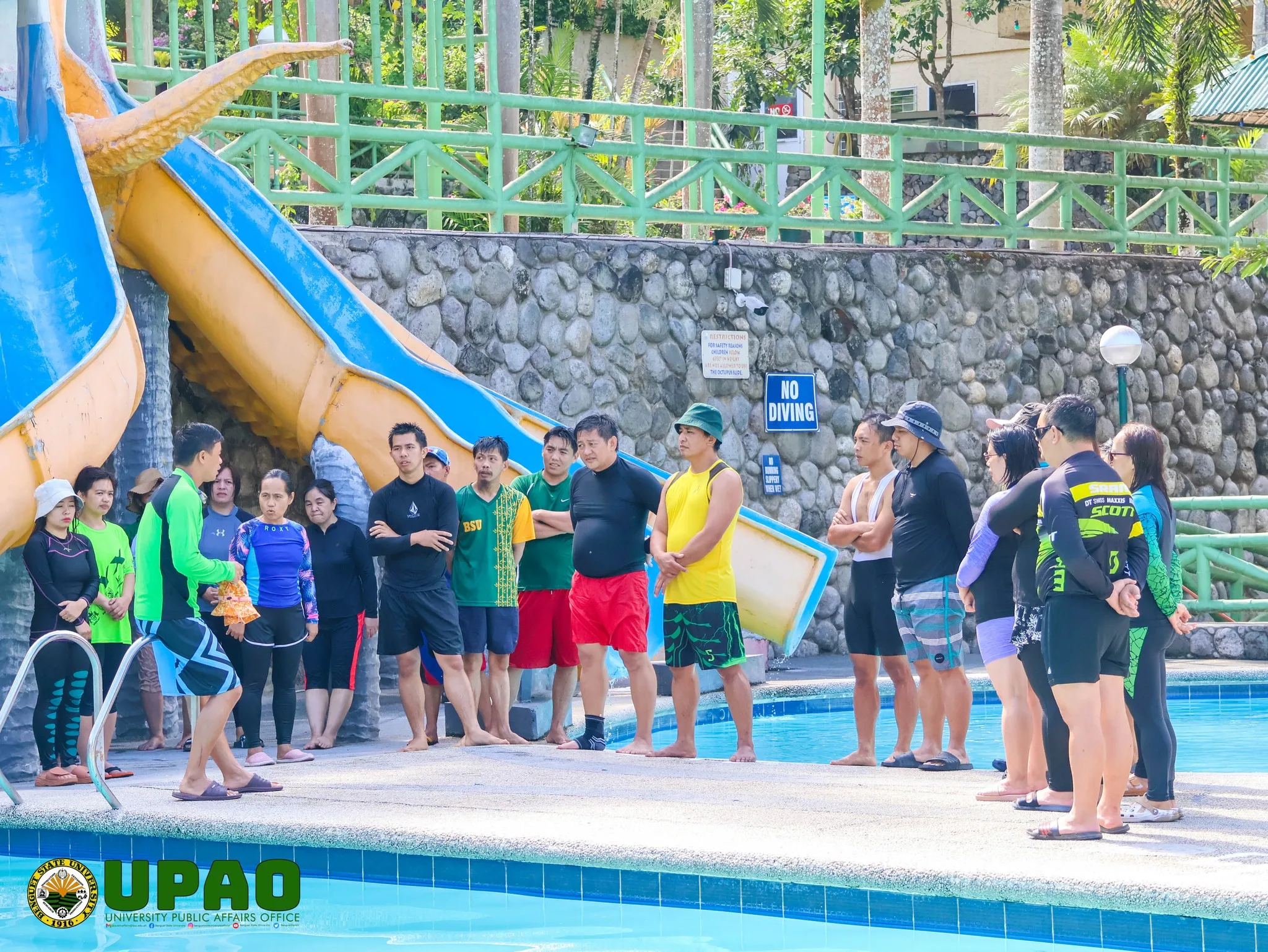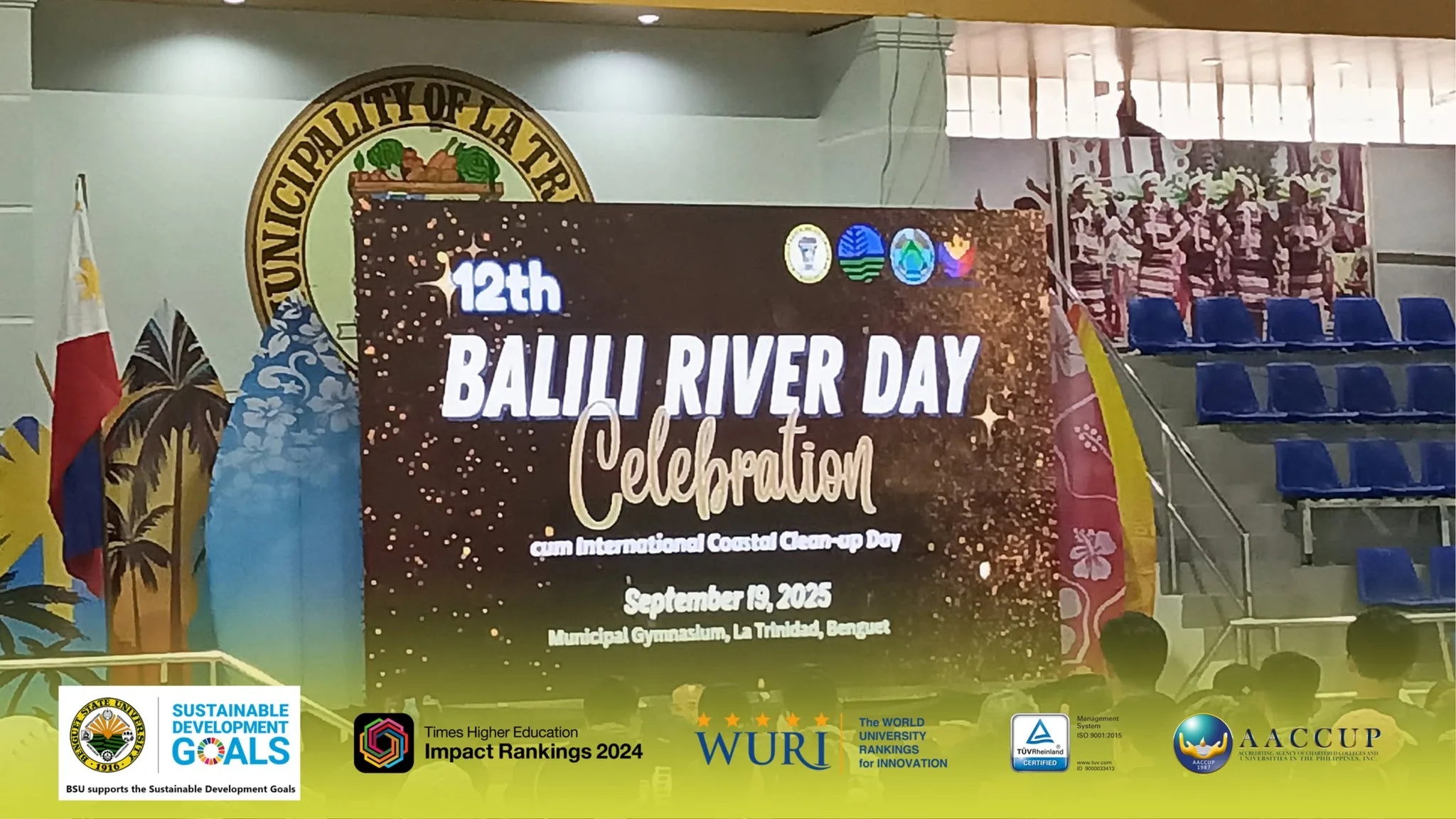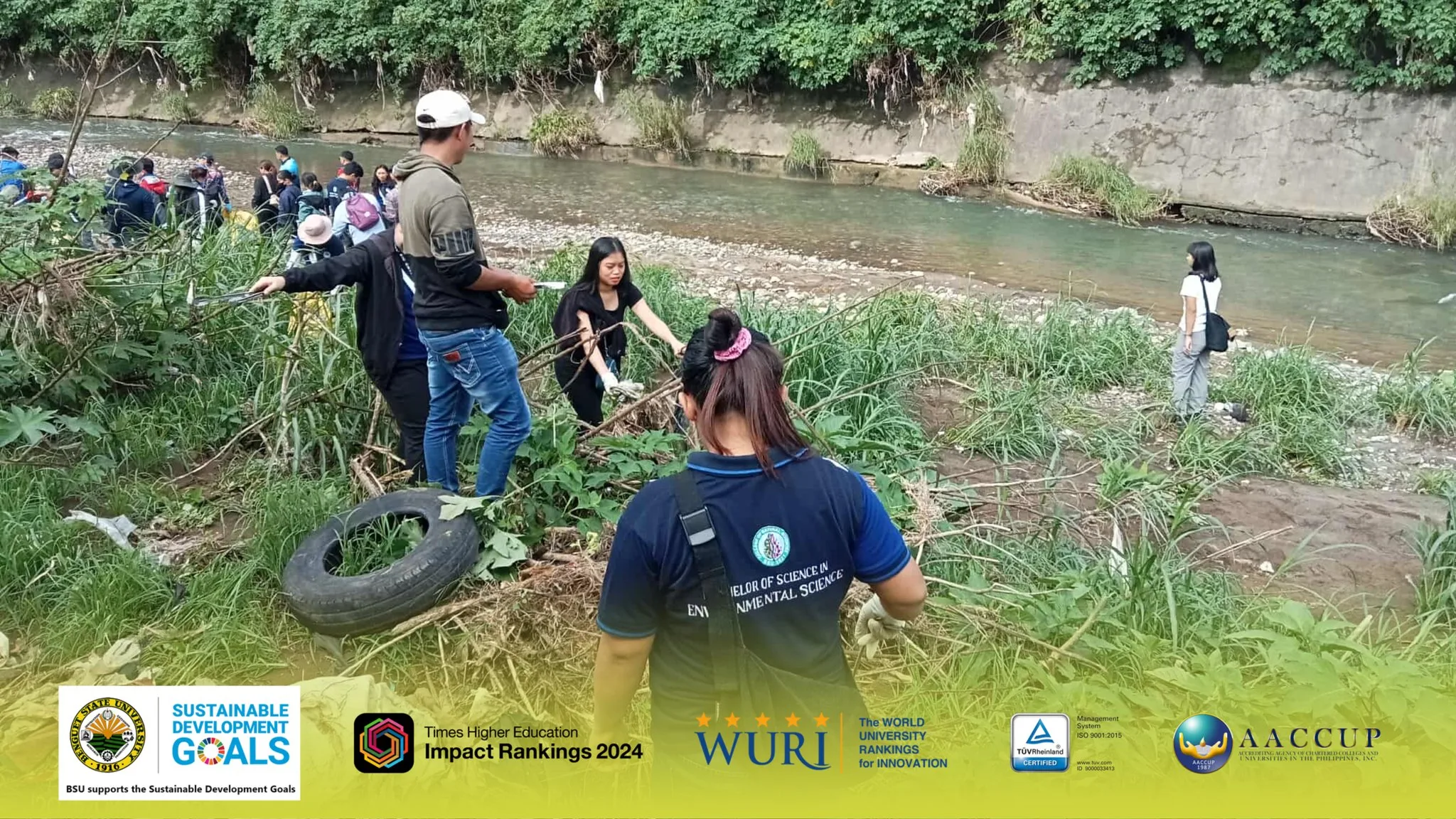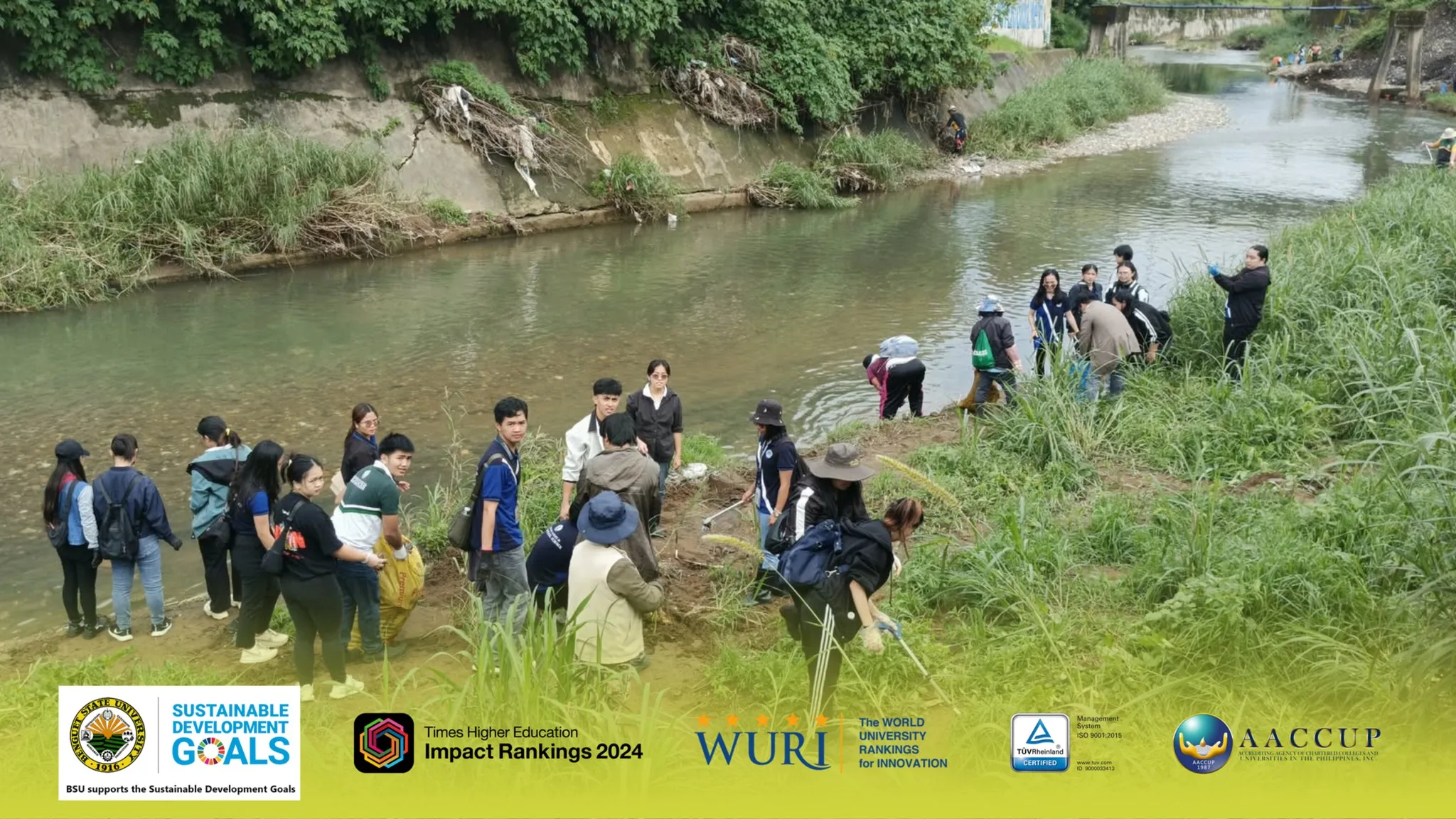SDG 14: LIFE BELOW WATER
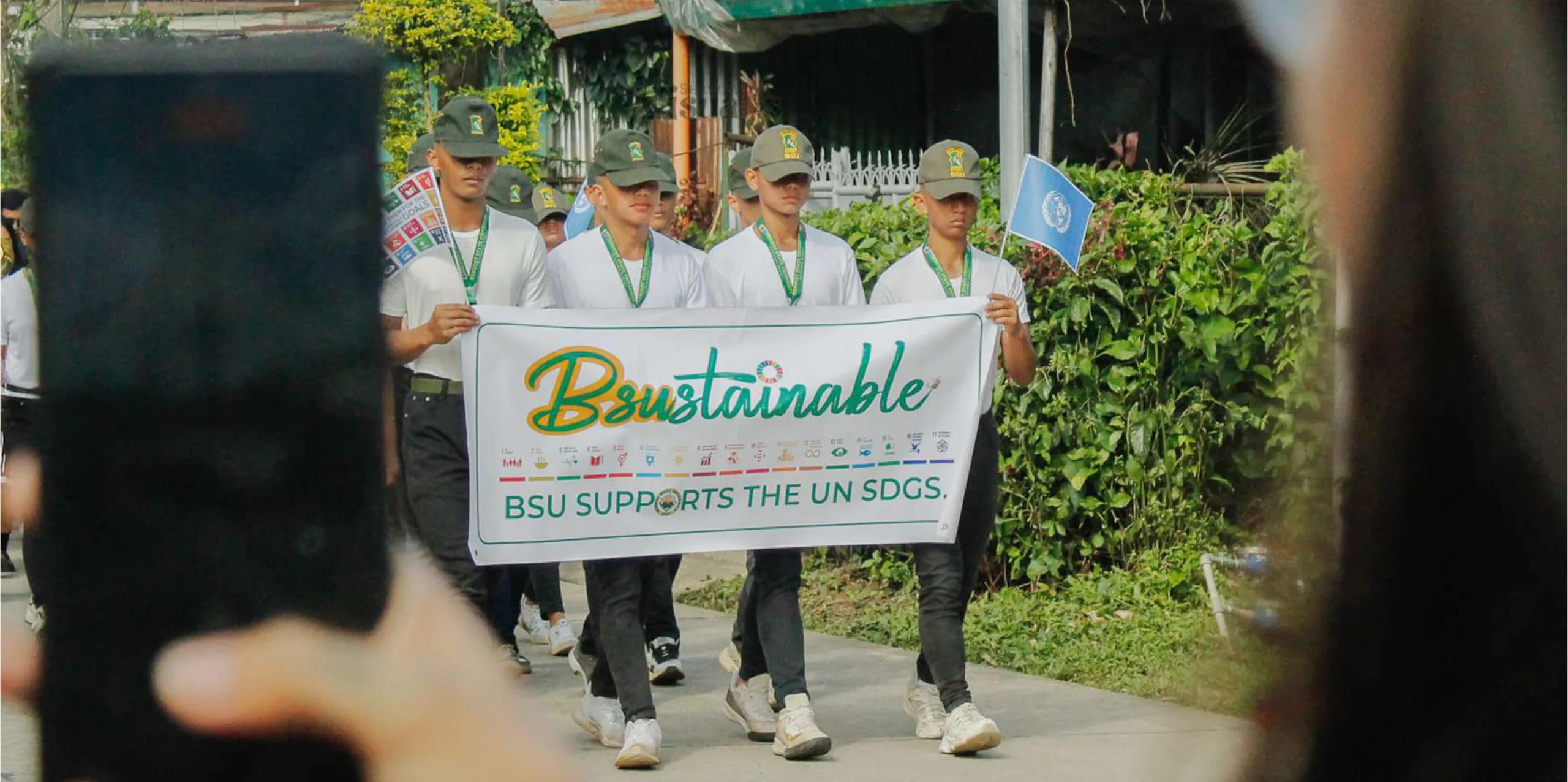
While situated in the Cordillera highlands, Benguet State University (BSU) demonstrates a comprehensive, action-oriented commitment to the objectives of SDG 14 (Life Below Water) by focusing intensively on the health, conservation, and sustainable utilization of the region’s vital fresh-water ecosystems, particularly the Balili River. The Balili River is a major river system in Benguet Province that originates from the mountains of La Trinidad and Baguio City. It flows northward through the municipalities of Sablan and Tublay, eventually merging with the Naguilian River system in La Union Province. From there, its waters continue downstream until they reach the West Philippine Sea. This connection highlights the river’s ecological importance not only as a freshwater resource for the upland communities but also as part of a larger watershed that ultimately influences the health of marine and coastal ecosystems. The University integrates policy, research, and community outreach to address pollution and ensure aquatic health.
Supporting Aquatic Ecosystems Through Action
The Municipal Environment and Natural Resources Office (MENRO) of San Juan, La Union organized the Sunday Sunset Coastal Clean-up Drive on April 14, 2024, covering the stretch from Watchtower, Ili Sur to Monaliza Point, Urbiztondo. The activity aimed to address plastic pollution and marine debris affecting San Juan Beach and nearby coastal ecosystems. Benguet State University (BSU), through its College of Home Economics and Technology (CHET) – Department of Hospitality Management (DHM) faculty members and AJAM officers, actively participated in the clean-up along with other volunteers from Puerto de San Juan Hotel and Resort, San Juan PNP and Rescue, DepEd, and the CRABS volunteer group. The collective effort resulted in the collection of 16 sacks of waste, composed mainly of single-use plastics such as wrappers, sando bags, straws, foam containers, cups, and plastic bottles. BSU’s participation demonstrated its ongoing commitment to environmental protection and support for initiatives that promote cleaner and healthier coastal ecosystems.
(Source: CHET – DHM AJAM BSU Chapter)
Water Sensitive Waste Disposal
BSU implements strict waste disposal policies and participates in multi-stakeholder programs to mitigate pollution and safeguard aquatic health, upholding its responsibility as a steward of local water resources.
BSU is a lead partner in the Balili River Rehabilitation Program, which operates within the standards set by the DENR’s classification of the river as a Water Quality Management Area (WQMA). The river is classified as Class C, suitable for agriculture, irrigation, and livestock use. BSU’s active involvement in Water Quality Management and research ensures compliance with these standards to protect the ecosystem and human health.
BSU has a comprehensive Solid Waste Management Program that complies with the Ecological Solid Waste Management Act (RA 9003) and local ordinances. The program aims for waste minimization, including segregation, recycling, re-use, and reduction, striving for a “zero waste” policy, which constitutes a formal action plan to reduce plastic waste on campus.
BSU’s Solid Waste Management Program and its efforts within the Balili River Rehabilitation Program work to reduce land-based pollution (plastic, erosion, siltation). This policy approach minimizes pollution originating from university and surrounding land-based activities, which is a key strategy for protecting downstream aquatic environments.
The University’s strong focus on Solid Waste Management and river rehabilitation policy is aimed at preventing and reducing pollution, particularly from land-based activities that impact water bodies.
Maintaining a Local Ecosystem
BSU undertakes direct, evidence-based research and collaborative action to monitor the health and minimize the alteration of shared fresh-water ecosystems.
Minimizing alteration of aquatic ecosystems (plan)BSU leads two primary objectives in the Balili River WQMA action plan: To decrease erosion and siltation and improve vegetation along the Balili river. This plan directly targets minimizing the physical and chemical alterations of this critical fresh-water ecosystem. BSU has implemented an action plan as part of the Balili River Water Quality Management Area (WQMA) to decrease erosion and siltation and improve vegetation, which directly minimizes the physical and chemical alteration of the river ecosystem. Monitoring the health of aquatic ecosystems
BSU conducts Water Quality Management, research, and revitalization activities in the Balili River system. Research includes studies on the Water quality, plankton community and primary productivity of Langiran Lake. Furthermore, monitoring the biodiversity along the Balili river is a concern, as species serve as indicators of the overall health of the ecosystem. BSU monitors aquatic health through continuous involvement in Water Quality Management, research (such as studies on Langiran Lake ), and monitoring biodiversity within the Balili River as an indicator of ecosystem health.
Programs towards good aquatic stewardship practices
BSU’s Gender and Development (GAD) Office conducted training in 2024 that included water safety management training.
The student-led “Adopt-a-River” program is an ongoing initiative focused on revitalizing the Balili River through activities like clean-up drives, which fosters good aquatic stewardship practices among the university community. BSU’s Gender and Development (GAD) Office also conducted training in 2024 that included water safety management training.
Collaboration for Shared Aquatic Ecosystems
The Balili River Rehabilitation Program is a concerted effort involving BSU, Local Government Units (LGUs), private sectors, local communities, and other stakeholders. BSU partners with the Watershed and Water Resource Research Center (WWRRC) and Governing Board members in La Trinidad and Sablan for program implementation. BSU actively collaborates with LGUs, the WWRRC, and community stakeholders to maintain the shared Balili River ecosystem. BSU’s role as the lead institution for the first two objectives of the Balili River WQMA action plan—focused on decreasing erosion/siltation and improving vegetation—constitutes a formally implemented watershed management strategy. This strategy includes tree planting activities and research (e.g., phytoremediation). BSU has implemented a watershed management strategy for the Balili River WQMA, which includes an action plan for ecosystem restoration (tree planting, research) and pollution reduction.
